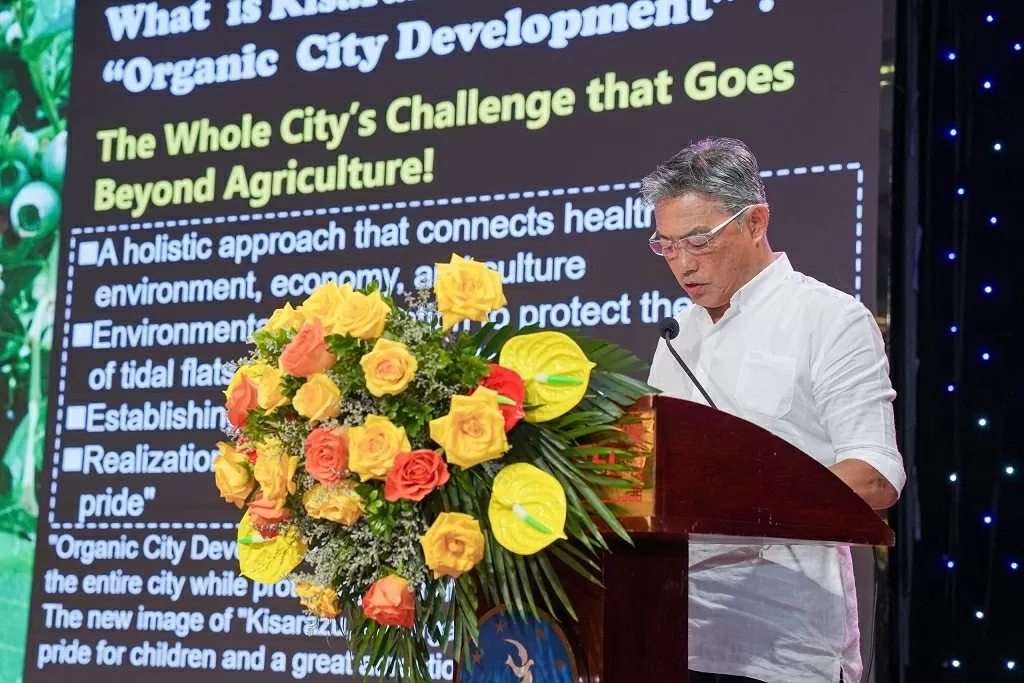 |
| Kisarazu City Mayor Watanabe Yoshikuni shares information about Kisarazu Organic City at the International Organic Conference, Ninh Binh in September 2025. (Source: TH) |
Kisarazu City in Chiba Prefecture, Japan, as portrayed through the story of Mayor Watanabe Yoshikuni, made a strong impression on attendees of the 8th International Organic Conference in Ninh Binh, Vietnam in mid-September.
Talking to reporters on the sidelines of the conference, Mayor of Kisarazu City Watanabe Yoshikuni emphasized that “organic is not only an agricultural production method, but also a philosophy of life for a city that is “self-sufficient based on circulation and connection”.
From “organic philosophy” to sustainable cities
Sir, the story of “Kisarazu organic city” that you shared at the Conference was really impressive, making many attendees and experts exclaim “wow”. Could you please summarize the main points so that readers can have an initial idea about this project – why is it called “organic city”?
The term “Organic City” that Kisarazu coined has two meanings.
The first is “harmony with nature”: building an environmentally, culturally and economically circular society, based on the values of Satoyama (mountains and hills connected to human activities) and Satoumi (coastal areas connected to communities). By building on cycles at the local level, we promote community autonomy and contribute to the sustainable development of the city.
The second is “organic connection”: the connection between people and people, between people and nature, over many generations. This creates a comfortable lifestyle that is both rich and sustainable.
In other words, “organic” does not simply refer to agricultural production methods, but also represents a sustainable, “autonomous” city through “circulation” and “connectivity”.
What are the objective and subjective reasons, as well as the main factors that led Kisarazu to choose sustainable and organic development?
There are three core elements. The objective reason: We must contribute to solving global challenges such as climate change, environmental degradation, biodiversity loss and food security.
Subjective reasons : The city has the responsibility to preserve precious natural assets such as the Tokyo Bay tidal flats, rice fields, and Satoyama forest to ensure sustainability for future generations.
Faced with growing public awareness of health and well-being, as well as a shortage of rural successors, the city government has chosen this policy orientation; focusing on “well-being” as a way to foster civic pride.
School meals – an investment for the future
We were particularly impressed by the policy of including organic rice in all meals at primary and secondary schools in the city. How has this policy been implemented specifically and how has it affected costs?
Initially, we considered a small model near Kisarazu. But implementing it in a city with a population of over 140,000 is a big challenge. Our implementation activities mainly include: approaching individual farmers and gradually expanding the number of people who understand and support the initiative; working closely with the Japan Agricultural Cooperatives Federation (JA), ensuring stable output through public procurement. The city covers the production costs by supporting training costs, providing free machinery (e.g. rice transplanters) specialized for organic rice production.
So, the cost increases due to organic rice production, but the difference between regular rice and organic rice is paid by the city. In addition, thanks to the media, we receive additional support from businesses and individuals.
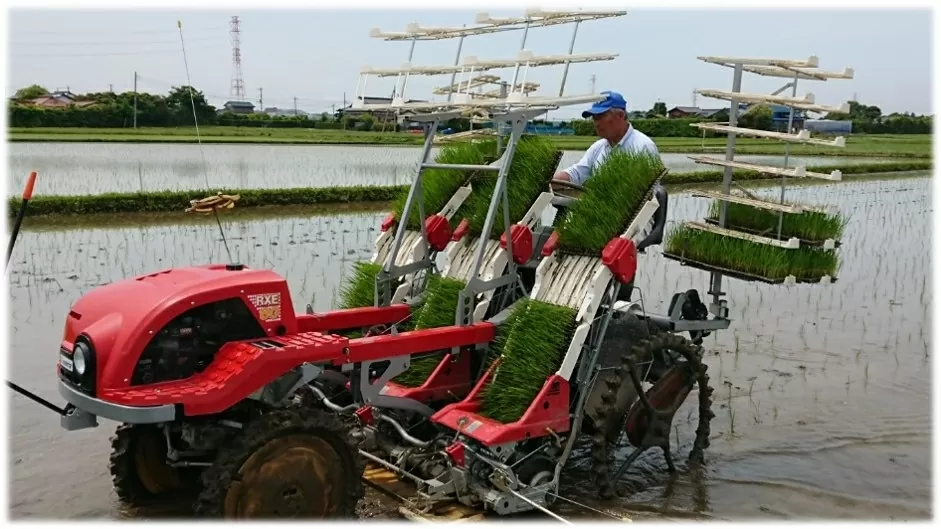 |
| Organic rice production in Kisarazu, Japan. (Source: TH) |
Still on the idea of providing organic rice for school lunches, why did the city choose schools to implement this policy first, sir?
That’s because school meals are an “investment in the future.” They not only protect children’s health, but also educate them about agriculture and the environment. At the same time, the steady demand for school meals is a strong incentive for farmers to switch to organic farming.
We set four specific goals:
1. Maintain a healthy environment.
2. Create new added value for agriculture.
3. Forming a regional identity that people are proud of.
4. Building the Kisarazu brand nationwide.
We believe that school meals are the ideal starting point, connecting “education”, “agriculture”, “environment” and “regional branding”.
Besides using organic rice, what criteria are applied when selecting other foods for school meals?
Our highest principles are: prioritizing local food – produced locally for local consumption; using non-GMO products; and transparently labeling the origin of raw materials and ingredients.
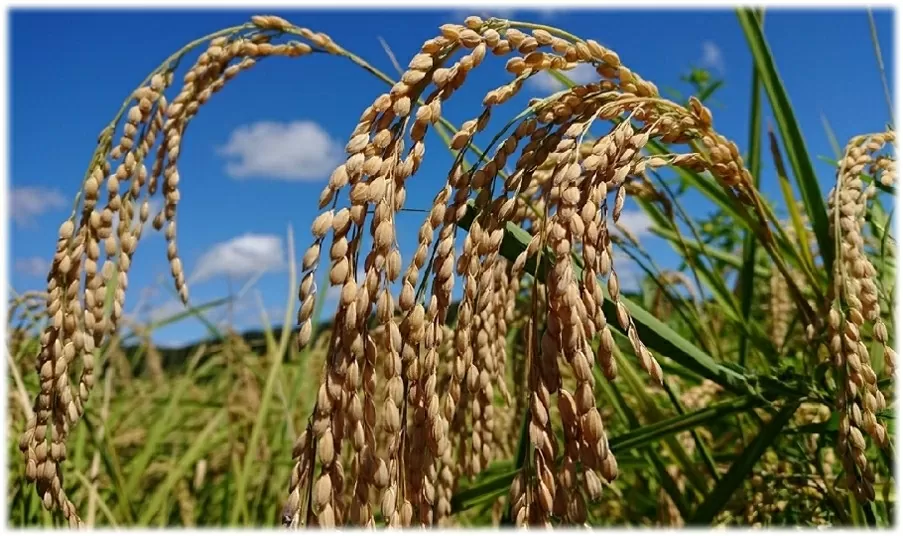 |
| Organic rice production in Kisarazu, Japan. (Source: TH) |
Suggestions for Vietnam: When school meals need a national legal framework
We understand that Japan has the School Lunch Law and the Shokuiku Law - Food and Nutrition Education to ensure clean, safe, and nutritious school meals for children, and policies such as providing organic rice will further contribute to the good implementation of the above laws. Meanwhile, in Vietnam, there is currently no School Lunch/Nutrition Law, only a few scattered regulations. Do you have any advice or experience that you would like to share with Vietnam?
In Japan, in the face of the great challenge of a declining birthrate, local municipalities have tried to survive with unique initiatives. As a result, many specialized programs have emerged across the country. However, we believe that school meals and food issues should not be left to local competition, but rather an area for the national government to take responsibility for as an investment in the future.
The same applies to Vietnam. Legislating school nutrition efforts could be a powerful force for accelerating both education and food issues. It would set clear standards and lay the foundation for ensuring that all children have access to safe, healthy meals. In Vietnam, an effective step could be to first establish pilot models and then institutionalize the achievements.
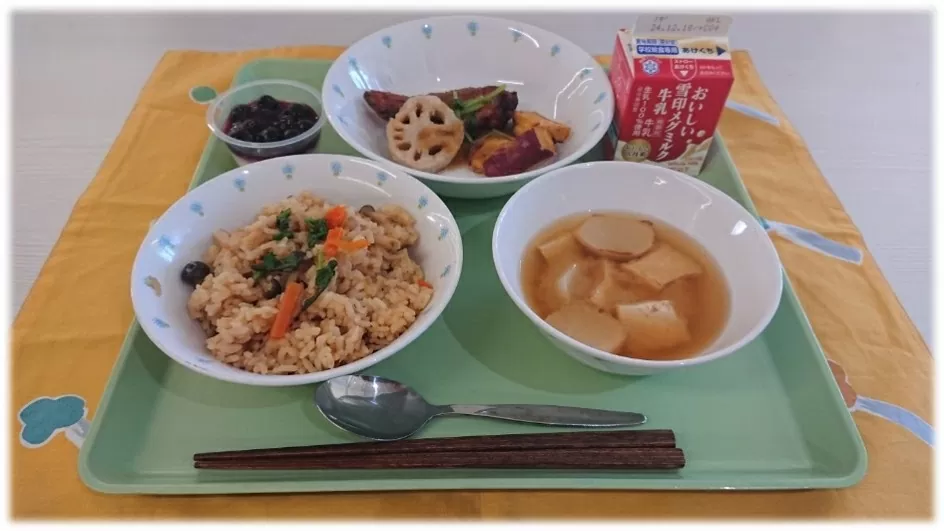 |
| School lunches at Kisarazu use entirely organic rice and the cost difference due to the use of organic rice is covered by the city. (Source: TH) |
Many domestic and international experts have proposed that Vietnam should develop a School Nutrition Law. For example, Professor Nakamura Teiji, President of the Japanese Nutrition Association, has repeatedly spoken at seminars sharing his experience that a separate and comprehensive law would be able to fundamentally address the problem of unsafe school meals. What is your opinion on this issue?
The enactment of comprehensive and specific legislation is crucial. The existence of a legal framework that makes the provision of “safe and nutritious school meals” a national responsibility can help build a sustainable system. In Japan, for example, the School Lunch Law has demonstrated that “local initiatives can be scaled up with the support of national systems and policies.”
In Vietnam, we also believe that legislation is the way to ensure sustainability and equal opportunity for all children.
Thanks for taking the time to chat!
| In Vietnam, developing the stature and physical strength of the young generation is one of the national strategic concerns. At the International Scientific Conference on School Nutrition in 2025 organized by the Central Propaganda and Mass Mobilization Commission, in coordination with the Ministry of Education and Training, the Ministry of Health, and Vietnam Television on October 14, 2025, with the accompaniment of TH Group, domestic and foreign experts all commented that it is time to legalize regulations on school nutrition in a unified and comprehensive law: the Law on School Nutrition. |
Source: https://baoquocte.vn/bien-bua-an-hoc-duong-thanh-khoan-dau-tu-cho-tuong-lai-cau-chuyen-tu-thanh-pho-huu-co-kisarazu-nhat-ban-331721.html







![[Photo] Urgently help people soon have a place to live and stabilize their lives](/_next/image?url=https%3A%2F%2Fvphoto.vietnam.vn%2Fthumb%2F1200x675%2Fvietnam%2Fresource%2FIMAGE%2F2025%2F12%2F09%2F1765248230297_c-jpg.webp&w=3840&q=75)


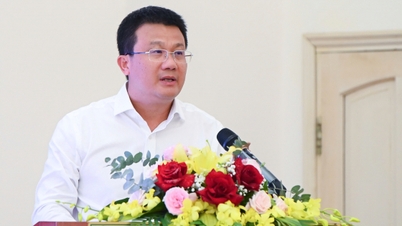


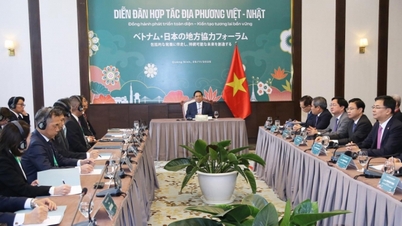




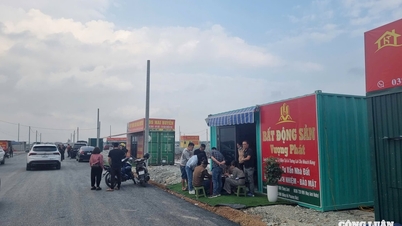



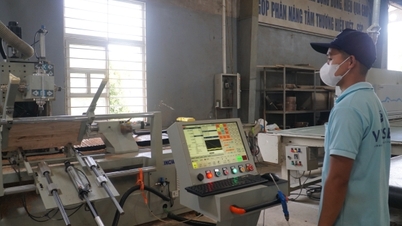
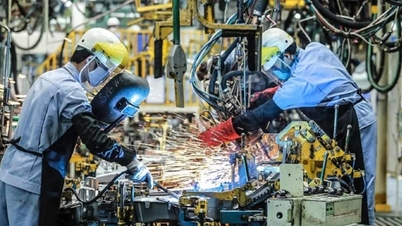




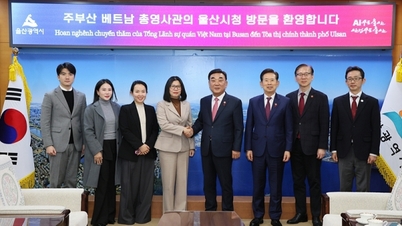

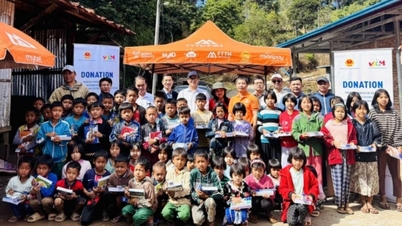
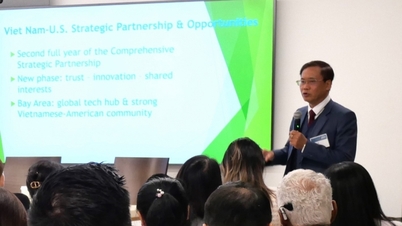
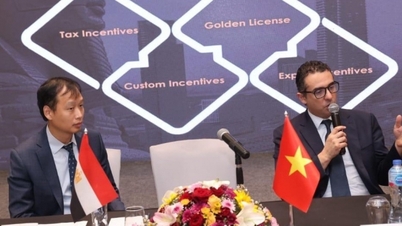


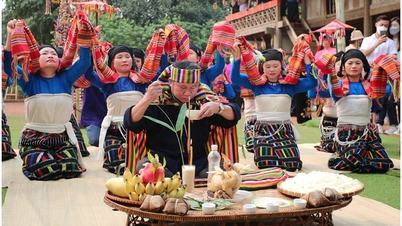



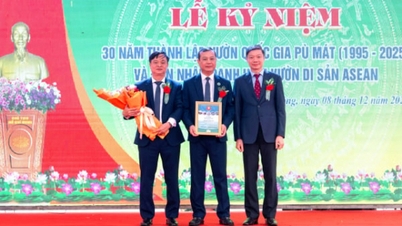


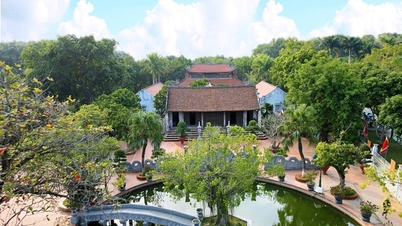
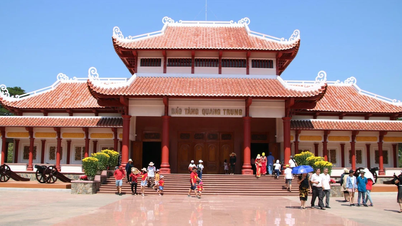

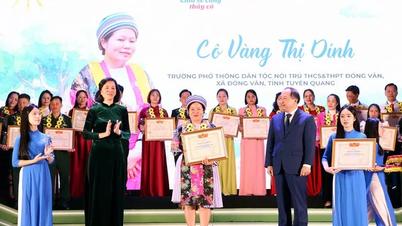

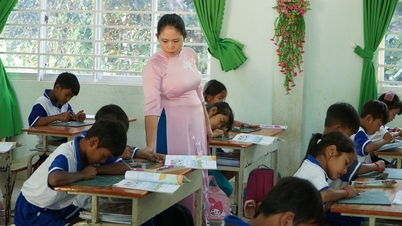

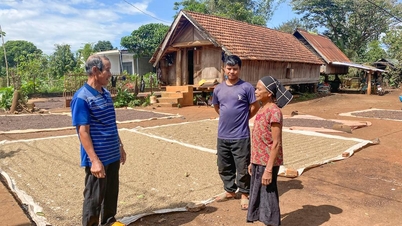



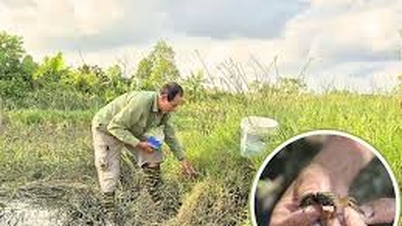

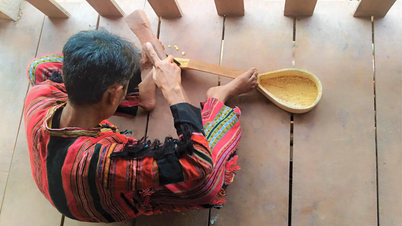

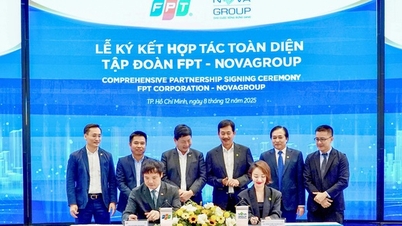

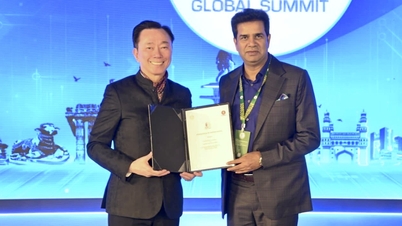

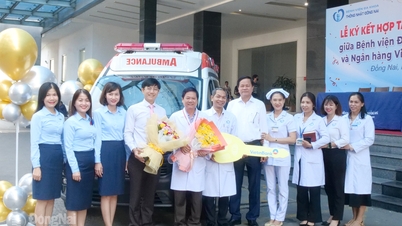

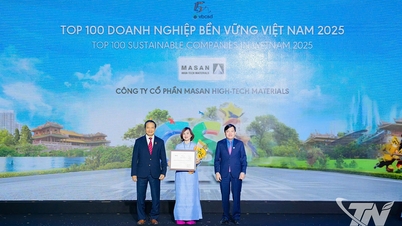


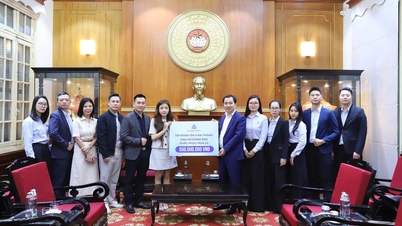







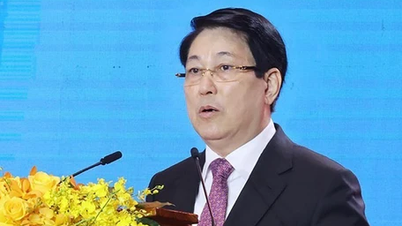
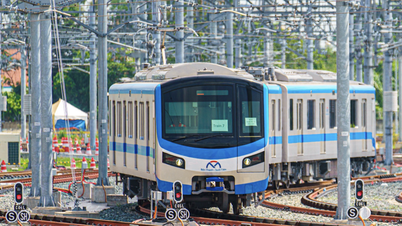

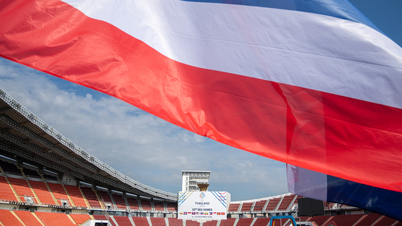



![[Photo] General Secretary To Lam works with the Standing Committees of the 14th Party Congress Subcommittees](https://vphoto.vietnam.vn/thumb/402x226/vietnam/resource/IMAGE/2025/12/09/1765265023554_image.jpeg)


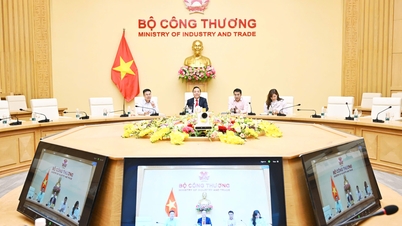


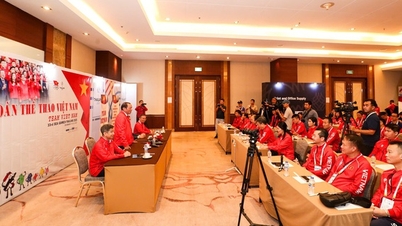
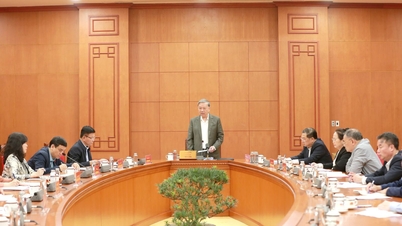

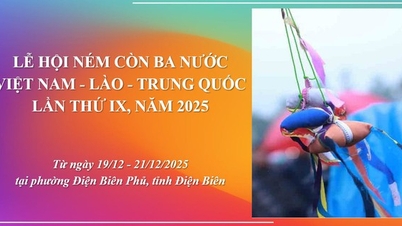
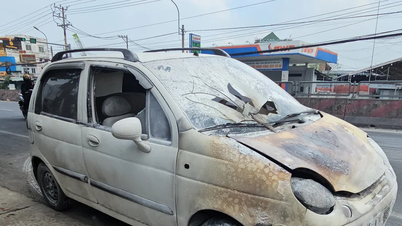



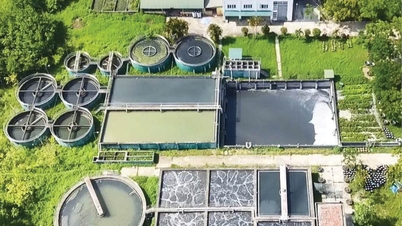
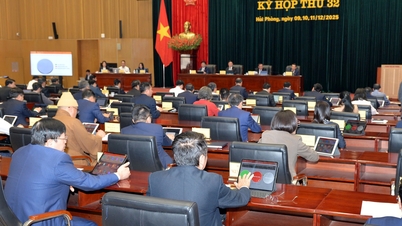

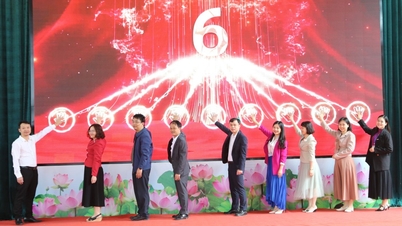

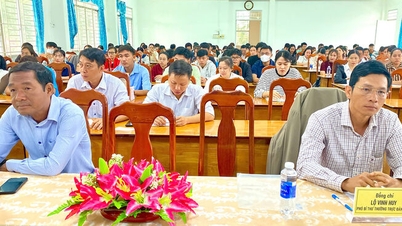










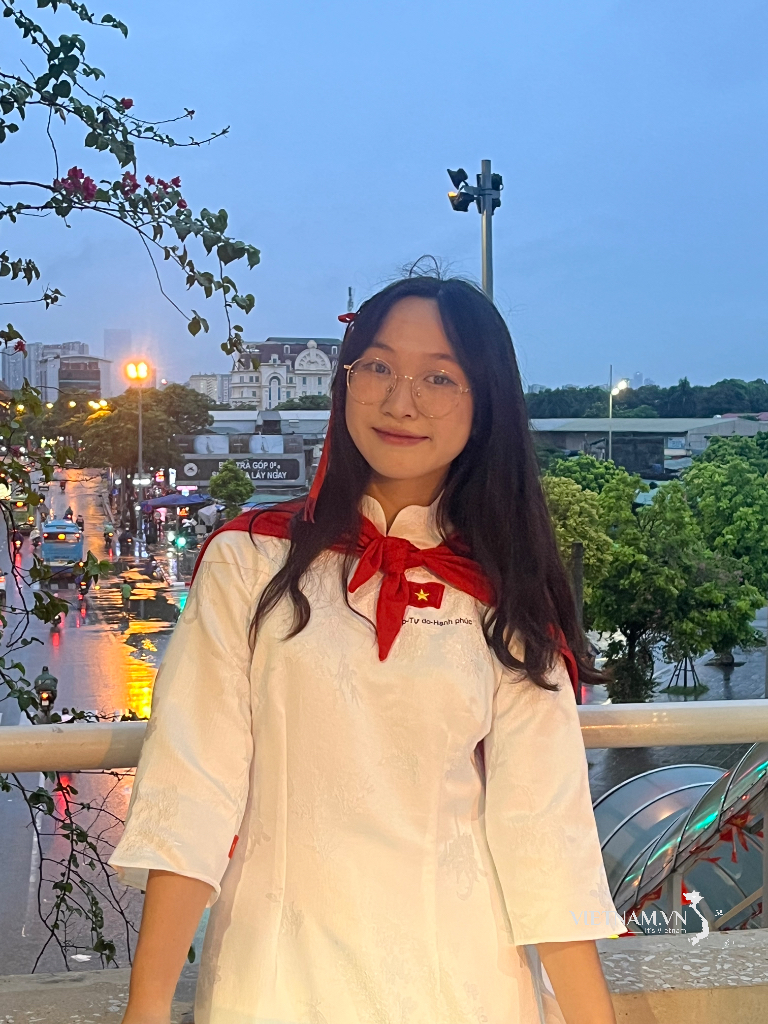






Comment (0)